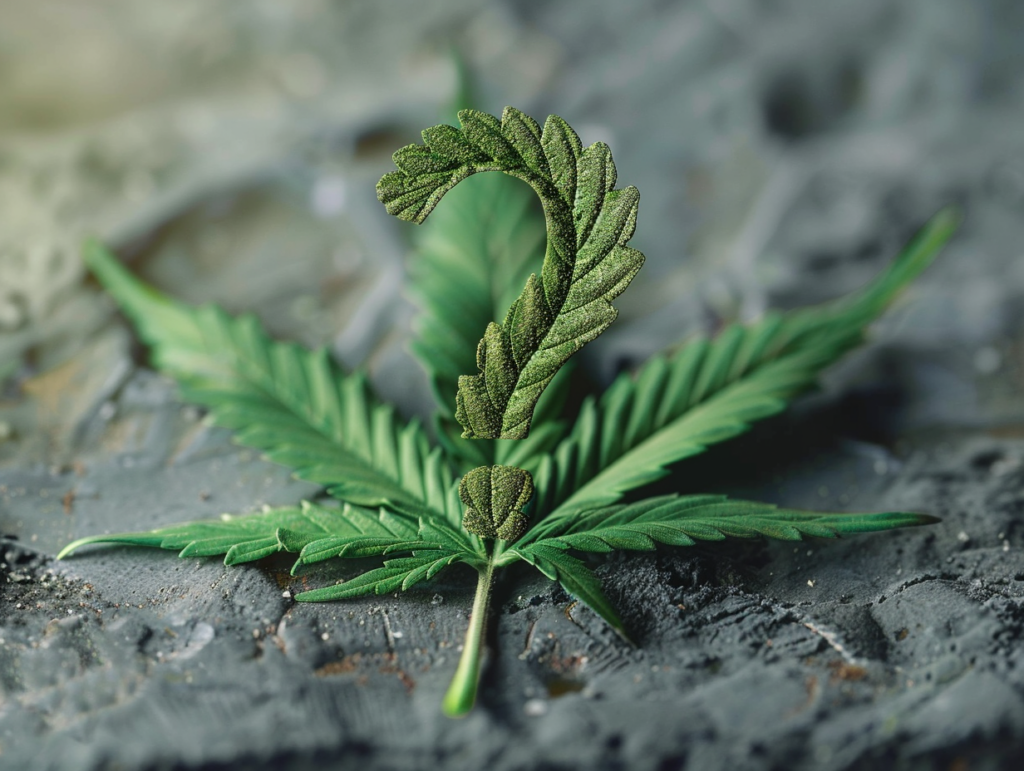
175,000 pardons for marijuana possession in Maryland: A new beginning
Maryland's governor has issued more than 175,000 pardons for marijuana convictions to right past wrongs and reduce racial inequities in the criminal justice system. This move could increase economic stability by improving employment, housing and educational opportunities for those affected.
In a groundbreaking move, the Governor of Maryland has issued over 175,000 pardons to people convicted of marijuana. As a result, Maryland may see a significant shift in how it handles cannabis-related crimes. This massive pardon effort reflects a growing recognition of changing societal attitudes toward marijuana and its legalization.
This measure, unprecedented in its scope, aims to correct past injustices that have disproportionately affected minority communities. Historically, enforcement of marijuana laws has been uneven. Although rates of use were similar among the white population, African-American communities were often disproportionately affected. By expunging these records, Maryland is not only reducing the burden on thousands of people, but is also taking a step toward eliminating systemic racial disparities in the criminal justice system.
In addition, the economic impact of these pardons is severe. Many people with criminal records struggle to find work, housing and educational opportunities. With a pardon, pardoned individuals have greater opportunities to fully integrate into society and thus contribute to the economic growth and stability of their communities. This move could potentially free up a significant number of workers, stimulate economic activity and increase tax revenues.

In addition, the mass pardon could prompt other states to reconsider their stance on marijuana convictions. As public opinion continues to shift toward a more lenient attitude toward cannabis use, other states may consider similar measures. On a national level, this move could encourage a more unified approach to cannabis legalization and criminal justice reform.
In short, the 175,000 marijuana-related pardons are a turning point in the debate over cannabis laws and criminal justice. Governor Moore's decision is a strong statement of Maryland's commitment to fairness and progress in adapting to new societal norms. If enacted, this policy will potentially inspire reforms in other regions and set a precedent for national change.

Post a comment: